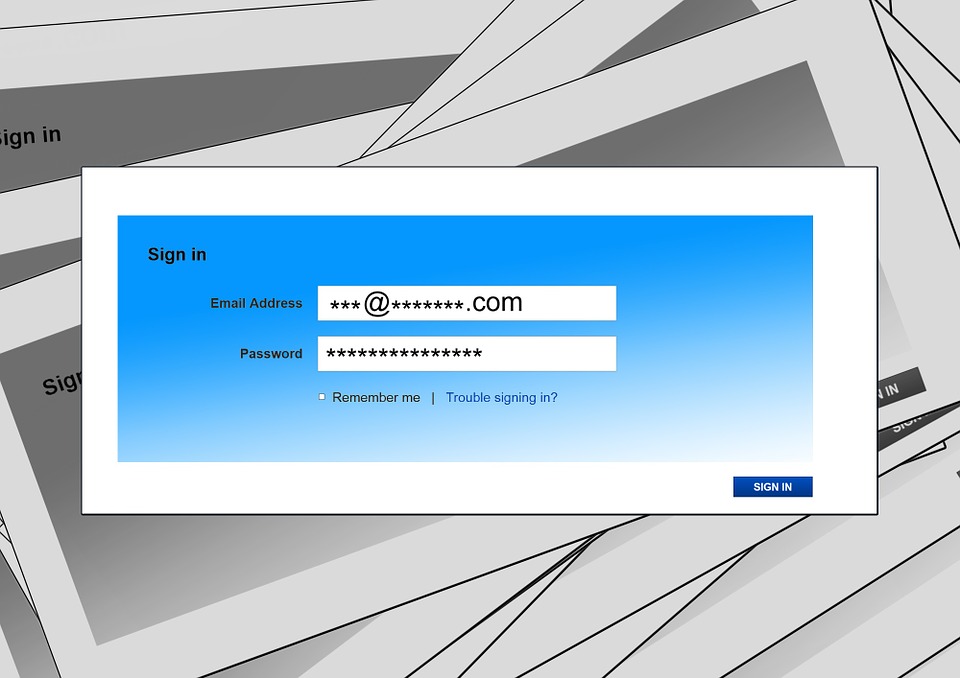While the average individual spends countless hours a day browsing the internet, it’s well worth taking preventative measures in order to protect your identity and your assets. If you’re interested, simply continue reading to discover 7 tips which help ensure your safety online.
7 Tips for being safe online:
Regularly change your passwords
While you may be tempted to keep the same internet banking password and Facebook password for a year, it’s well worth getting into the habit of periodically changing all of your online passwords. It’s also wise to use a different password for each website that you regularly access.
Keep your social media profiles set to private
Although many individuals choose to keep their social media profiles public, in the hopes of becoming an internet sensation, it pays to keep your social media profiles private as strangers can discover a lot of personal information about you by following your social media profiles. As an example, the photographs which you post, show strangers which area you live in as well as the names and identities of all of your friends.
Don’t be tempted to add strangers on social media
While it may be flattering to have complete strangers direct message you or send you a friend request, catfishing is incredibly common and there is no way of finding out whether the person you think that you’re talking to, is the person that you’re actually talking to.
Whenever possible use PayPal whilst you’re online shopping
It’s well worth signing up for a PayPal account as PayPal refuses to do business with companies which have a reputation for scamming their customers. As an added bonus, if an online retailer tries to scam you, you can ask PayPal to reverse your payment. So if you’re looking to shop online, without risking giving out your credit card details it’s well worth utilizing PayPal, whenever you can.
Don’t click on emails or messages from people that you don’t know
To avoid having your email account hacked, it’s best to avoid opening emails from strangers. Especially if the subject matter suggests that you’ve won a cash prize. As if you click on an email which contains a virus, hackers may be given access to your entire address book and they may choose to send virus-laden emails to all of your friends and family members.
Invest in quality anti-virus software
If your computer becomes infected by malware, you risk your personal information such as your credit card details and online banking information being stolen. Worse yet, your computer may start to slow down and may start to crash as a result of any infections, which your computer has picked up.
Avoid posting photographs of yourself
Even if you enjoy taking selfies, it pays to keep your selfies to yourself as strangers may steal your photographs, in order to create fake social media profiles. So if you can resist the temptation to post photographs of yourself, it’s well worth using a scenic landscape photo or a cartoon photo as your social media avatar.
So if you’re serious about protecting yourself online, it’s well worth keeping the 7 safety tips listed above in mind.

